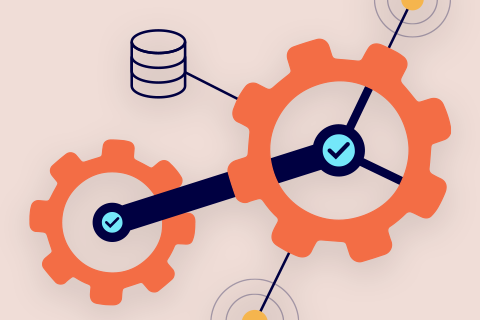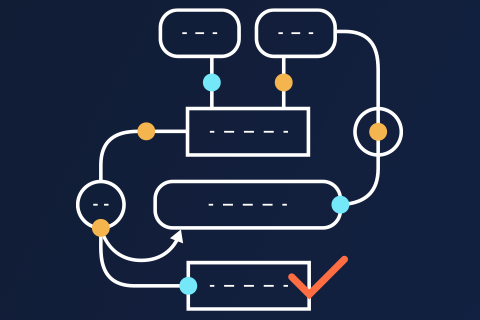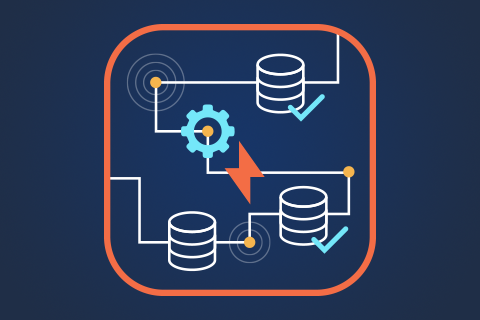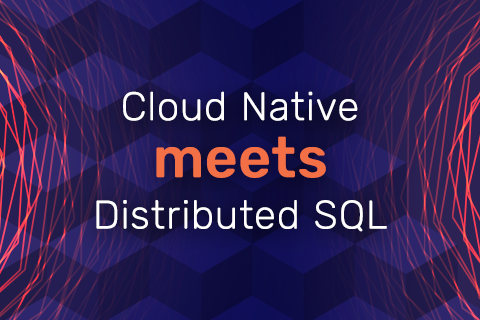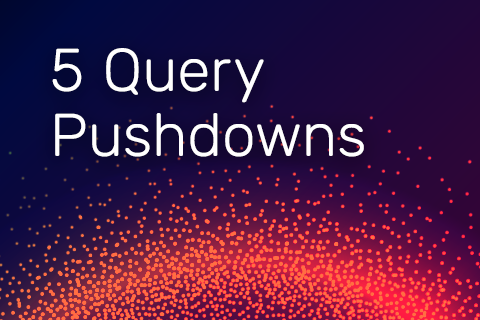Automating YugabyteDB Deployments with AWS CloudFormation
YugabyteDB is easy to get started with on the infrastructure of your choice including public cloud platforms, private cloud environments, and any Kubernetes distribution. For example, you can quickly customize and deploy in AWS thanks to CloudFormation templates. AWS CloudFormation is one of the many ways to automate a public cloud deployment in a consistent manner.
Before we dive in, we wanted to let you know that the Yugabyte team has been working from home in order to do our part with social distancing and to help with containment efforts.
…


